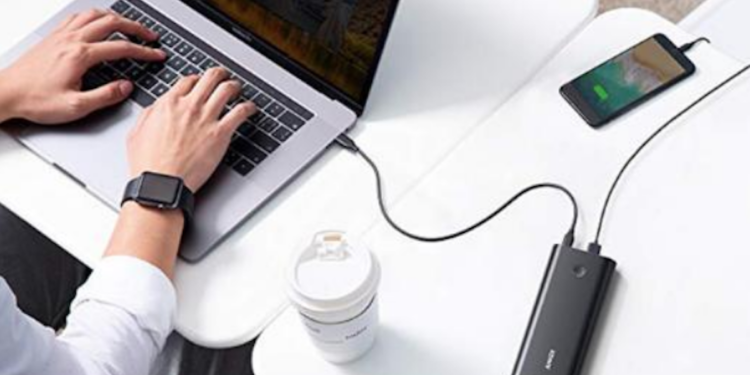We can’t imagine ourselves without mobile phones, and everyone has at least one mobile phone. We always take care of the battery level, so that it always has enough power so that we don’t end up in a situation where we are not at home and our mobile is left without energy. We have definitely become addicted on technology, and we cannot imagine life without it.
If you’ve been wondering what kind of batteries go into cell phones, here’s the answer. Lithium-ion batteries that have a high energy density go into mobile phones. Their cost is the most cost-effective of all batteries, so lithium-ion batteries are used. Unfortunately, as the battery life goes, so does the battery itself, and it depends on how long the battery in our mobile phones will last. Even if we do not use the phone, the battery drains, and especially if we use it.
This gave rise to a great device called a power bank, which also contains a lithium battery. The power bank serves us to attach the phone and charge it while on the go. The power bank is charged in the same way as a mobile phone, plugged into a USB cable, and charged via a computer or power adapter.
Why Are Lithium-Ion Batteries Used In Mobile Phones?
Lithium-ion batteries are mostly used because they are safe, more cost-effective than, for example, Li-Polymer batteries, which are as much as 30% more expensive than Li-ion batteries. Lithium batteries are used the most because when the battery is charged, it can last all day using the mobile phone and the applications that are on it that require power to run.
However, lithium-ion batteries charge quickly, which is very important for mobile phone users if they are in a hurry somewhere and do not have a power bank to charge their phone on the go. They are also more durable than any other battery, and they are not heavy, so we get light and thin mobile phones that will not feel heavy in our hands.
Li-ion batteries can store more energy or electricity than any other battery, so we get a mobile device whose battery can last all day and after a year of using the same device. Slightly more expensive phones use li-polymer batteries that are of better quality and will last longer than Li-ion batteries.
Regardless of the type of battery that is in our mobile phone, the principle of charging is the same as the principle of discharge. The only difference between these two batteries is that a polymer has been added to the li-ion batteries to make the battery last longer and to increase the battery capacity. This gives us a three-layer anode that remains stable even when in contact with air and changing the weather, ie the battery will last longer.
Why Not Charge Your Cell Phone At Night?
When we put the mobile device on the charger, we need to turn it off as soon as it reaches 100% and thus we will have a longer battery life. There are myths that you should not overcharge your phone or charge it at night and everyone thinks that it is for safety reasons because it can explode when it gets more electricity than it can store, but this is not true. The new lithium-ion batteries have built-in so that when they reach 100% on the charger, they stop charging. But if we look at the mobile phone in the morning while it is on the charger, we will see that it is still written 100% and here is the reason. As soon as the battery reaches its full capacity, charging is switched off, but the battery is consumed until we use the mobile phone, so we get the battery to be recharged several times during the night, which overloads it and thus shortens its life.









